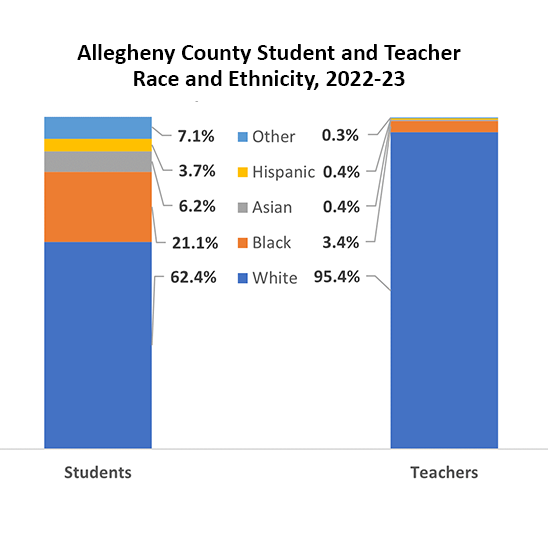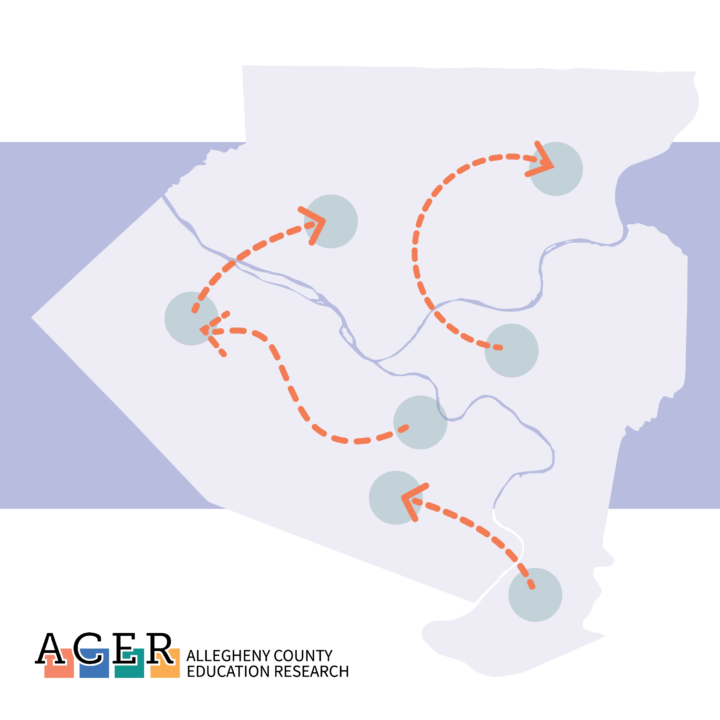Community organizing is growing in importance as a means of achieving and sustaining urban school reform. The authors identify eight distinct areas in which community organizing groups are connecting community capacity to school improvement. Leadership development and the production of social capital build community power to address issues of failing schools. The broadening of public accountability for school improvement creates the political will to improve schools in low-income neighborhoods. The resulting school improvement strategies enable stronger school/community connections, improved curriculum and instruction, and a positive school climate with the ultimate goal of achieving equity between schools in low-income and higher-income neighborhoods. Using data from case studies of five community organizing groups nationwide and focusing on the story of the Oakland Community Organizations’ small-schools campaign, the authors illustrate how members of low-and moderate-income communities are both demanding change and building the support and capacity for public school improvement.
Bringing Community Organizing into the School Reform Picture
Eva Gold , Elaine Simon , Leah M. Mundell , Chris Brown
Date: September 2004
Related Publications

Publication
Small but Mighty: Lessons from Black Teachers’ Experiences in Allegheny County
Siettah Parks, Kevin Burgess, Leana Cabral, Mary Eddins, Alita Robinson

Publication
Allegheny County Teacher and Student Demographics: 2022-23 Update
Mary Eddins, David Lapp, Anna Shaw-Amoah

Publication
Exploring the Diversity and Supports for School District of Philadelphia English Learners as they Prepare to Transition to High School
David Bamat, Sean Vannata, Lindsey Liu, Molly Schlesinger, Alyn Turner

Publication
The Need for More Teachers of Color
Leana Cabral, Mary Eddins, David Lapp, Saxon Nelson

Publication
FAQ: Superintendents in Pennsylvania School Districts
Mary Eddins, Leana Cabral, David Lapp, Molly Pileggi, Saxon Nelson, Ammani Ahmad-Khan
Publication
Access to Experienced Teachers in Allegheny County
Mary Eddins

Publication
Teacher Mobility in Allegheny County, 2014-15 through 2019-20
Mary Eddins, Molly Pileggi

Publication
Final Report: Evaluation of the Aspiring to Educate Philadelphia Pilot

Publication
Where Do We Go Next? Youth Insights on the High School Experience During a Year of Historic Upheaval
Molly Pileggi, Kri Burkander, Justis Freeman, Sean K. Flanagan, Max Margolius, Liz Glaser, Monika Kincheloe

Publication
Students Experiencing Homelessness in Allegheny County
Anna Shaw-Amoah

Publication
Special Education Funding in Pennsylvania Charter Schools
David Lapp
Publication
FAQ: Allegheny County Teachers of Color
Mary Eddins